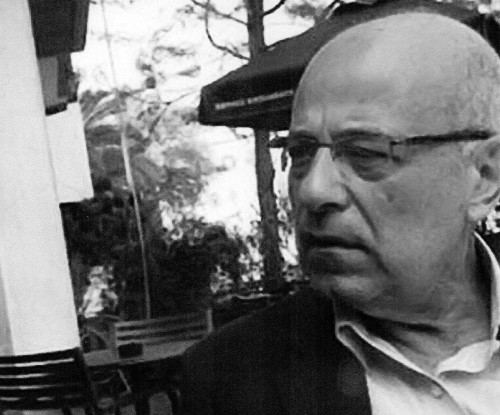-
Add to cartQuick view
Being Muslim and European Without Contradiction—Myth or Reality?
Free!The article reviews a critique of European modernity through the eyes of Bassam Tibi, a European Muslim sociologist. Tibi’s discursive analysis presents a detailed description of how an Islamic pluralism addresses the conceptual, philosophical, cultural, social, and political interpretations of Islam in a European context. His Islamic pluralism suggests the ways in which a secular interpretation of Islam can influence religion-state relations in Europe. Exploring the tensions resulting from being both Muslim and European, Tibi proposes that Muslims in Europe avidly maintain some basis of Islam within their identity, even if they adapt that interpretation to make it compatible with European norms and values. His perspectives are juxtaposed with Muslim intellectual opposition to a European Islamic pluralism that offers a basis for Islamic diversity in Europe. The article concludes that even Tibi’s moderate interpretation of Islam does not fully eliminate the inherent contradiction involved in being both Muslim and European, although he does suggest a means of bridging cross-cultural tensions.
Add to cartQuick view -
Add to cartQuick view
Review Essay: Georges Tarabichi and the Religionization of the Public Sphere: A Heretic Voice from the East
Free!Georges Tarabichi. هرطقات [Heresies]
Vol. I: عن الديموقراطية والعلمانية والحداثة والممانعة العربية [On Democracy, Secularism, Modernity and Arab
Reluctance], 3rd ed. Beirut: Dar al-Saqi and The Association of Arab Rationalists, 2011. 237 pp.
Vol. II: العلمانية كإشكالية إسلامية – إسلامية [Secularism as an Intra-Islamic Issue], 2nd ed. Beirut: Dar al-Saqi and The Association of Arab Rationalists, 2011. 253 pp.Add to cartQuick view -
Add to cartQuick view
Rediscovering the Mediterranean: Political Critique and Mediterraneanism in Mohammed Arkoun’s Thought
Free!The article explores the works and the thought of Muhammed Arkoun, one of the most prominent Muslim intellectuals in the West, and a representative of liberal Islam. Since the 1970s, Arkoun’s major intellectual critique was directed at “Islamic reason.” He endeavored to deconstruct the “regimes of truth” of Islamic medievalist dogmas, which still function as orthodoxies among contemporary Muslims (Sunni, Shiʿi and Khariji). According to his analysis, this medievalist perception of Islam fulfills a function in the modern era of political ideology. His works not only deconstruct and reassess Islamic traditional epistemology but also posit a counterpoint to the common perception of Islam among both Muslim believers and western scholars.
The article contextualizes Arkoun’s works in the intellectual and political history of the Arab-Muslim countries of the southern and eastern Mediterranean. The first section presents a general overview of Arkoun’s oeuvre since the 1960s, with special emphasis on the foundation of his political critique. The second section sheds light on the role of the Mediterranean as a concept of mental and geo-cultural space in Arkoun’s thought.
Add to cartQuick view
- Home
- About JLS
- Issues
- Vol. 9 No. 1 | Summer 2019
- Vol 8 No 2 Winter 2018
- Vol. 8, No. 1: Summer 2018
- Vol. 7, No. 2: Winter 2017
- Vol. 7, 1: Summer 2017
- Vol. 6, Summer/Winter 2016
- Vol. 5, No. 2 Winter 2015
- Vol. 5, No. 1 Summer 2015
- Vol. 4, No. 2 Winter 2014
- Vol. 4, No. 1 Summer 2014
- Vol. 3, No. 2 Winter 2013
- Vol. 3, No. 1 Summer 2013
- Vol. 2, No. 2 Winter 2012
- Vol. 2, No. 1 Summer 2012
- Vol. 1, No. 2 Winter 2011
- Vol. 1, No. 1 Summer 2011
- Blog
- dock-uments
- Subscribe
- Submit
- Contact



